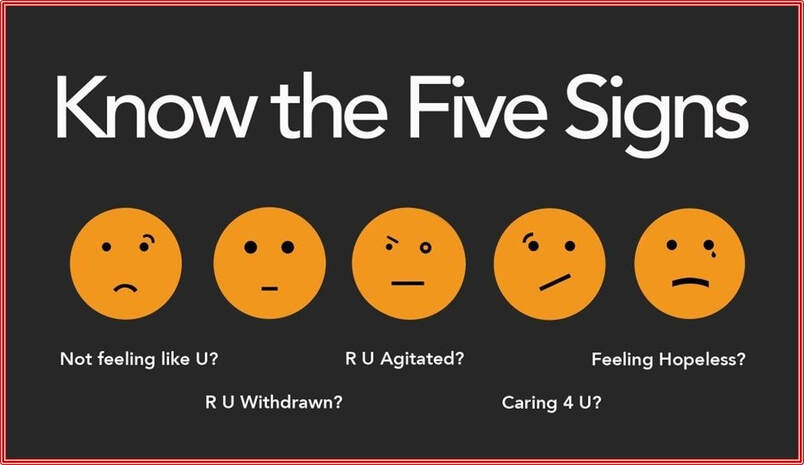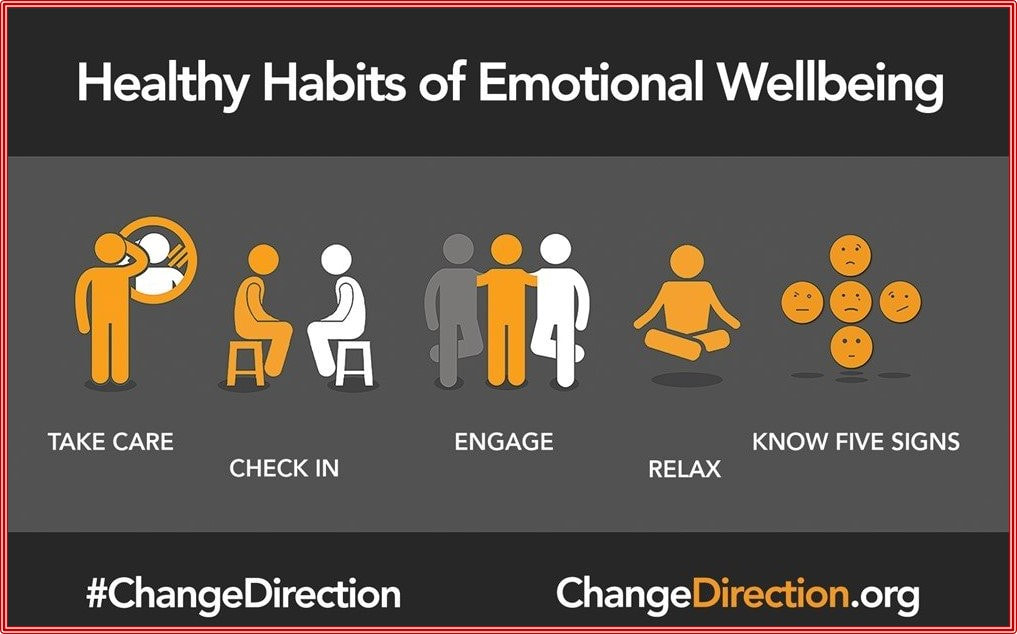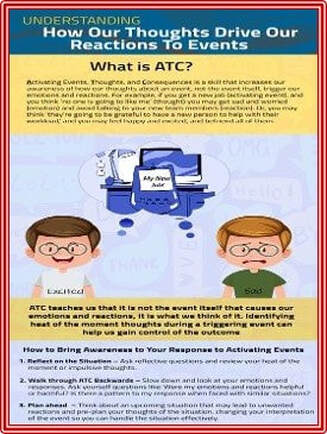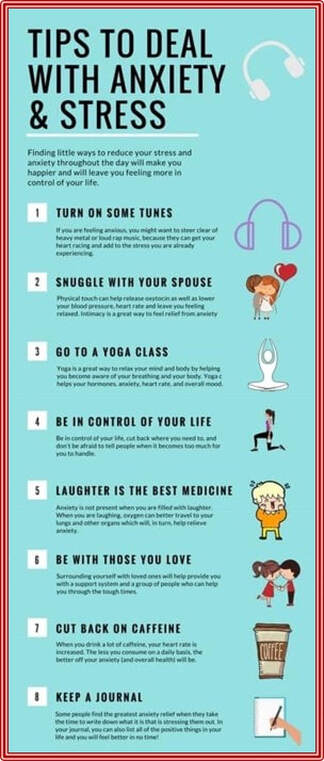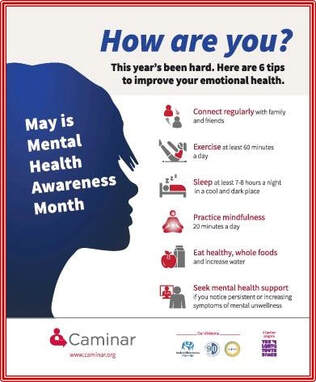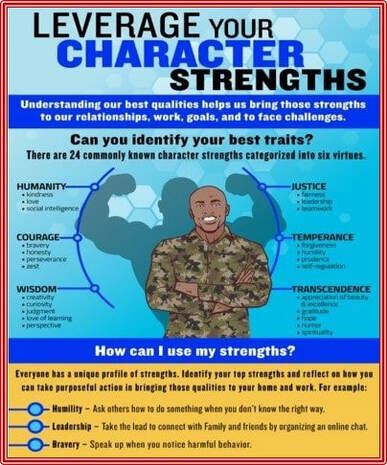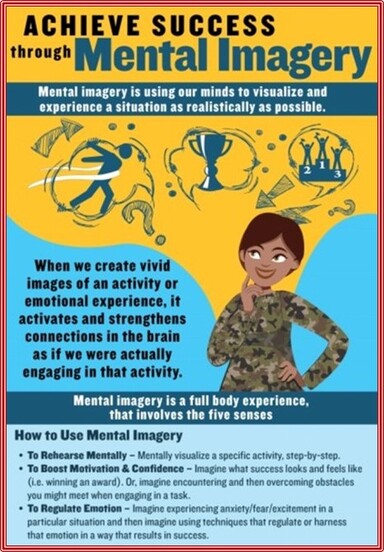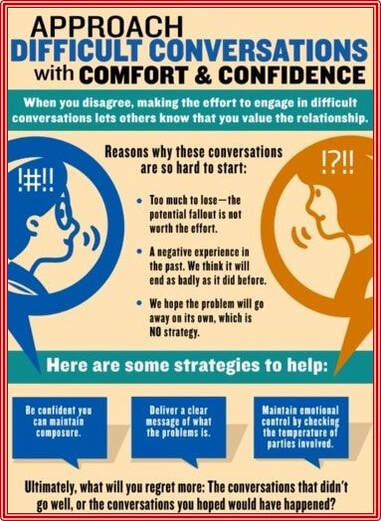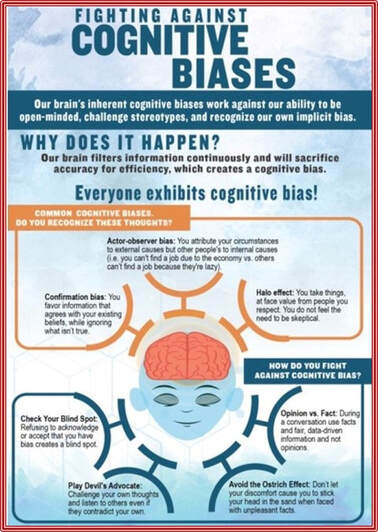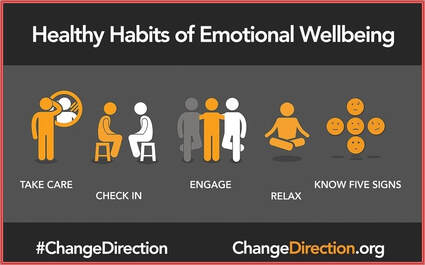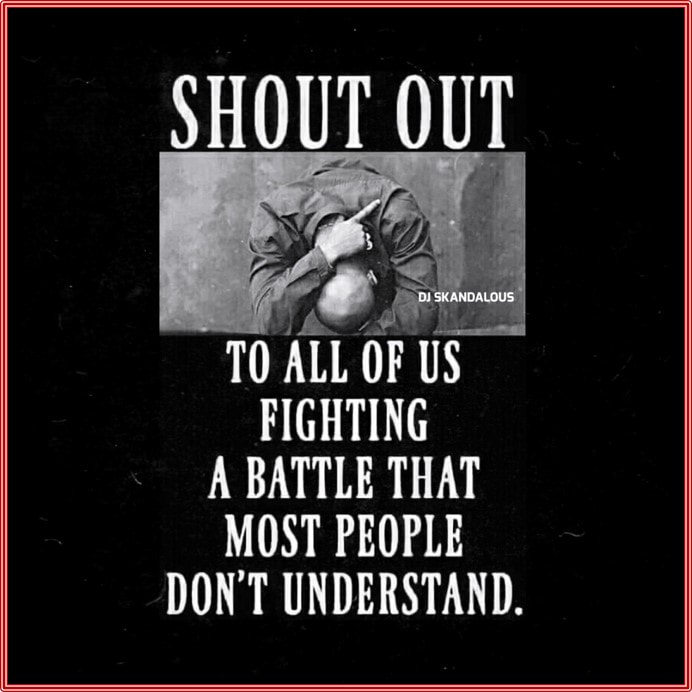|
|
| ||||||||||||||||||
|
| ||||||||||||
|
|
| ||||||||||||||||||
KNOW THE FIVE SIGNS
|
Mental Health moment: What is ATC?
Have you ever reacted to a situation in a way that you did not understand, or perhaps your behavior just wasn’t helpful or productive in that moment? ATC or Activating Events, Thoughts, and Consequences is the key to understanding our reactions in different situations. Identifying thoughts we have in the heat of the moment about an activating event, and the consequences of those thoughts, can help us ultimately gain control over our emotions and reactions. As we go through our daily lives, we encounter hundreds of different activating events. These are out of our control and can be big or small, and positive or negative. We may think the event itself determines our reaction to those events, but the fact is our initial interpretation or heat of the moment thoughts is what drives our response. This is why two people can react so differently to the same event. The thoughts that we have toward an activating event drives our consequences (emotions and reactions). Sometimes heat of the moment thoughts develop patterns in how we think and react to certain activating events. These patterns influence our future thoughts, making it seem like we are looking at the world through a specific thinking lens. This can have an impact on future decisions, relationships with others, or even our work. What can I do about it? You can bring awareness to your thoughts, emotions, and reactions by slowing down, separating the A-T-C, and following the steps below to create more of an understanding of how you are interpreting the activating events in your life. 1. Ask reflective questions: Asking reflective questions helps us take inventory of our heat of the moment thoughts such as: Is that thought something I can be proud of? Do I often have the same pattern of thoughts surrounding certain situations? What might be causing me to interpret this event through this lens? 2. Walk through ATC backwards: Walking through ATC backwards helps us to slow down the event and take inventory of our emotions, reactions and physiology by asking the following questions: Were my emotions and reactions helpful or harmful? What am I feeling right now emotionally/physically? What is the intensity from 0-10? Does this match a pattern in response to certain situations? What are potential thoughts that influenced the emotions and reactions I am currently feeling? 3. Plan ahead: If we know there is an upcoming situation that could lead to unwanted and unproductive consequences, using reflective questions to pre-plan some thoughts to handle the situation could be helpful. ATC is a fundamental skill. It can influence more productive emotions and reactions during the situations we experience in our lives. Knowing that our thoughts drive our consequences and that we have control over those thoughts, is the key to empowering our lives. |
|
Leveraging Your Character Strengths to Live a Life of Meaning
By Brittney Conway, Identifying our Character Strengths, meaning our best qualities, provides the foundation for self-awareness, helping shed light on who we are, what we value, and how we want to contribute to the world. Who are you at your best? Understanding who we are is an important aspect of how we function and thrive as humans. While traditional psychology has focused on deficits or weaknesses, there is value in identifying our best qualities. Focusing on our best qualities can help us learn how to bring those qualities to our relationships, our work, to achieve our goals and to face challenges. What are Character Strengths? Character is defined as a collection of your personal qualities. Strength is the capacity to be strong or powerful. Character Strengths are the desirable aspects of your personality, or in other words your greatest traits. Identified by over 50 researchers in the early 2000s, Character Strengths provide a common language for leveraging and connecting to the best parts of ourselves. How many Character Strengths are there? There IS 24 Character Strengths that can be categorized into six virtues. These virtues include wisdom, courage, humanity, justice, temperance, and transcendence. These virtues are valued across cultures and time. • Wisdom: creativity, curiosity, judgment, love of learning, perspective • Courage: bravery, honesty, perseverance, zest • Humanity: kindness, love, social intelligence • Justice: fairness, leadership, teamwork • Temperance: forgiveness, humility, prudence, self-regulation • Transcendence: appreciation of beauty & excellence, gratitude, hope, humor, spirituality Everyone possesses a unique profile of strengths. While some strengths may be stronger in us, others may be considered lesser strengths, meaning, we don’t use them as much. However, there may be situations where we have to leverage a specific Character Strength in order to be successful. Practical Application: How can I use my strengths during the COVID-19 pandemic? Identify your top strengths and reflect on how you can amplify them, taking purposeful action in bringing those qualities to your home and work. Here are some examples: • Appreciation of beauty & excellence – noticing how communities are coming together to support one another • Bravery – speaking up and asking someone to wear a mask if they are violating a mask mandate (e.g. masks are mandatory in your local grocery store) • Creativity – exploring creative options to help your children complete their homework • Curiosity – learning how to support local business with COVID-19 restrictions • Fairness – listening to other perspectives on important issues • Forgiveness – forgiving those that may have offended or upset you • Gratitude – expressing gratitude for essential workers • Honesty – speaking in a clear and direct manner • Hope – remaining optimistic that things will get better in time • Humility – Asking other people how they're staying in shape and training for the ACFT (because you don't think your way is always the best way) Judgment – listening to someone with opposing beliefs than you and trying to understand their position • Kindness – buying gift cards to support local businesses even if you don't have a strong need to eat out • Leadership – organizing an online chat with your Family (Zoom, Facetime, instant messenger, etc.) • Love – asking your friend how you can support them during this difficult time • Love of learning – identifying a new skill you can learn online • Perseverance – setting daily goals to accomplish • Perspective – helping a friend strategize the best option to overcome an obstacle • Prudence – maintaining strict physical distancing guidelines, keeping your COVID circle small, and wearing masks at all time when in public • Humor – watching a family friendly comedy with your Family • Self-regulation – practicing deliberate breathing before having a difficult conversation • Social intelligence – you know how to fit in with different groups of people at work • Spirituality – practicing a meaningful spiritual practice (prayer, meditation, etc.) • Teamwork – reflecting on ways to support your colleagues during this stressful period • Zest – asking someone close to you what they are looking forward to How can I identify Character Strengths in others during the pandemic? Reflect on the actions of your significant other, children, Family members, Leadership, and battle buddies. How are they using their Character Strengths during this time? Recognizing our personal strengths and the strengths of others can help us overcome the new challenges we are currently facing. |


